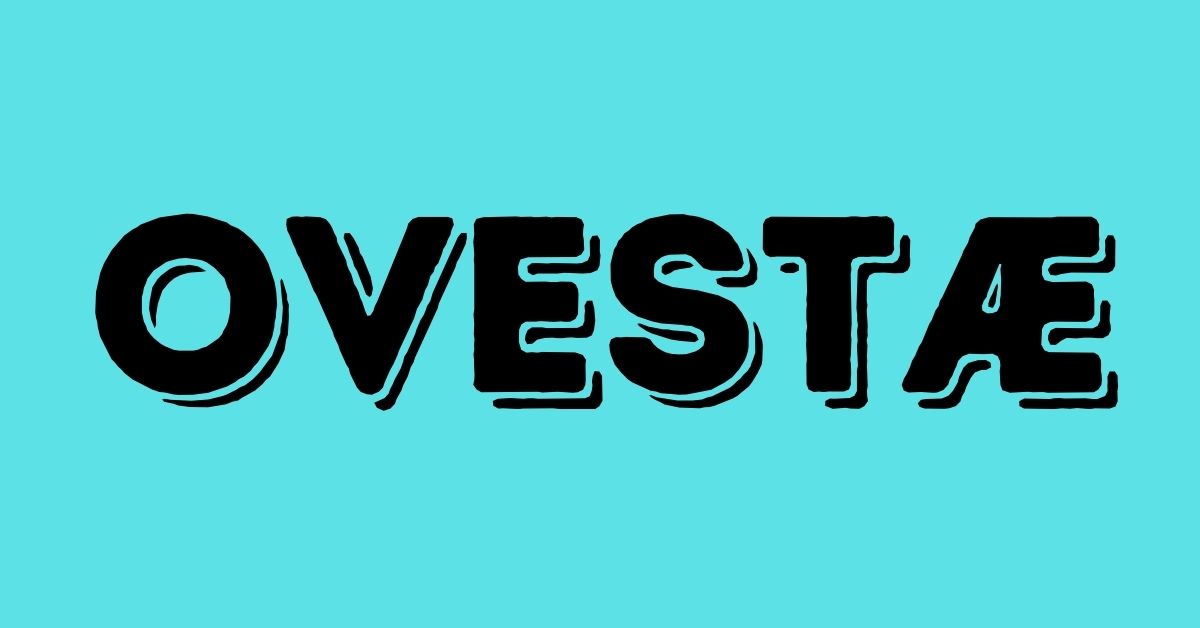Understanding complex concepts is crucial for intellectual growth and societal progress. One such intriguing concept is Trialidad. This article aims to unpack the various dimensions of Trialidad, shedding light on its historical, philosophical, psychological, cultural, and scientific aspects.
Historical Context of Trialidad
The term “Trialidad” has its roots in ancient philosophical thought, where early scholars grappled with the idea of trios in nature, existence, and consciousness. The evolution of this concept has been influenced by numerous intellectual movements and thinkers over the centuries.
Influences on Modern Thought
Modern interpretations of Trialidad have been shaped by various schools of thought, including existentialism, phenomenology, and systems theory. These influences have helped to refine and expand the understanding of Trialidad, making it relevant to contemporary discussions in various fields.
Major Philosophers and Theorists
Prominent philosophers like Hegel, Sartre, and Derrida have contributed significantly to the development of Trialidad. Their theories have provided a rich philosophical foundation that continues to inspire and challenge thinkers today.
Key Philosophical Concepts
Central to Trialidad are the concepts of triadic relationships, synthesis, and the dynamic interplay between different elements. These ideas underscore the importance of viewing phenomena through a multifaceted lens, rather than a simplistic, binary perspective.
Cognitive Aspects
In psychology, Trialidad is explored through the lens of cognitive processes. It examines how the mind integrates multiple sources of information to form coherent perceptions and understandings.
Emotional and Behavioral Implications
The concept also delves into emotional and behavioral dimensions, investigating how triadic interactions influence feelings, motivations, and actions. Understanding these dynamics can lead to better mental health practices and therapeutic interventions.
Trialidad in Different Cultures
Different cultures interpret and apply the principles of Trialidad in unique ways. For instance, Eastern philosophies often emphasize balance and harmony among three elements, while Western traditions might focus on conflict and resolution.
Impact on Societal Norms
Trialidad also affects societal norms and values, shaping how communities perceive identity, relationships, and social structures. This cultural diversity enriches the global discourse on Trialidad.
Empirical Studies
Scientific inquiry into Trialidad involves empirical research that tests hypotheses and models related to triadic structures and functions. These studies provide evidence-based insights that deepen our understanding of the concept.
Theories and Models
Various scientific theories and models, such as those in physics, biology, and systems theory, incorporate elements of Trialidad. These frameworks help to explain complex phenomena and drive innovation across disciplines.
In Education
In the educational realm, Trialidad can enhance teaching and learning by promoting holistic approaches that integrate cognitive, emotional, and social dimensions. This leads to more effective and meaningful educational experiences.
In Business
Businesses can leverage Trial’idad to improve organizational strategies, foster innovation, and enhance decision-making processes. By recognizing and harnessing triadic interactions, companies can achieve greater efficiency and success.
In Personal Development
On a personal level, understanding and applying the principles of Trialidad can lead to more balanced and fulfilling lives. It encourages individuals to cultivate a comprehensive perspective that encompasses various aspects of their existence.
Historical Case Studies
Historical examples of Trialidad can be found in ancient civilizations, where triadic structures were integral to their worldview and practices. These case studies provide valuable lessons and insights for contemporary applications.
Contemporary Examples
Modern-day instances of Trial’idad are evident in various fields, from art and architecture to technology and environmental sustainability. These examples illustrate the enduring relevance and versatility of the concept.
Common Misconceptions
Despite its many benefits, Trialidad is often misunderstood or oversimplified. Common misconceptions include viewing it as merely a three-part framework or failing to recognize its dynamic and integrative nature.
Scholarly Critiques
Scholars have also critiqued Trialidad, questioning its validity and applicability in certain contexts. These critiques are essential for refining the concept and addressing its limitations.
Emerging Trends
Looking ahead, emerging trends in various fields indicate a growing interest in and application of Trial’idad. This includes advancements in technology, sustainability, and social innovation that leverage triadic principles.
Potential Developments
Potential developments in Trialidad research and practice could lead to new breakthroughs and transformations. Continued exploration and experimentation will be key to unlocking its full potential.
Conclusion
Trialidad is a rich and multifaceted concept that offers valuable insights and applications across various domains. By understanding its historical roots, philosophical foundations, psychological implications, cultural perspectives, and scientific approaches, we can appreciate its complexity and relevance. Embracing Trial’idad can lead to more holistic and integrated ways of thinking and living.
FAQs
What is the basic concept of Trialidad?
Trialidad is a concept that emphasizes the importance of triadic relationships and interactions in understanding various phenomena. It goes beyond binary thinking to incorporate a third dimension, providing a more comprehensive perspective.
How does Trial’idad differ from dualism?
While dualism focuses on the opposition between two elements, Trial’idad introduces a third element that mediates and integrates the other two. This triadic approach allows for a more nuanced and dynamic understanding.
Can Trial’idad be applied in daily life?
Yes, Trial’idad can be applied in daily life to enhance decision-making, relationships, and personal development. By considering multiple perspectives and interactions, individuals can achieve greater balance and fulfillment.
What are some common misconceptions about Trial’idad?
Common misconceptions include viewing Trial’idad as a rigid three-part framework or failing to recognize its dynamic and integrative nature. It is important to understand Trialidad as a flexible and evolving concept.
Where can I learn more about Trialidad?
To learn more about Trial’idad, you can explore philosophical texts, psychological research, and cultural studies. Engaging with interdisciplinary resources will provide a deeper and more comprehensive understanding.











